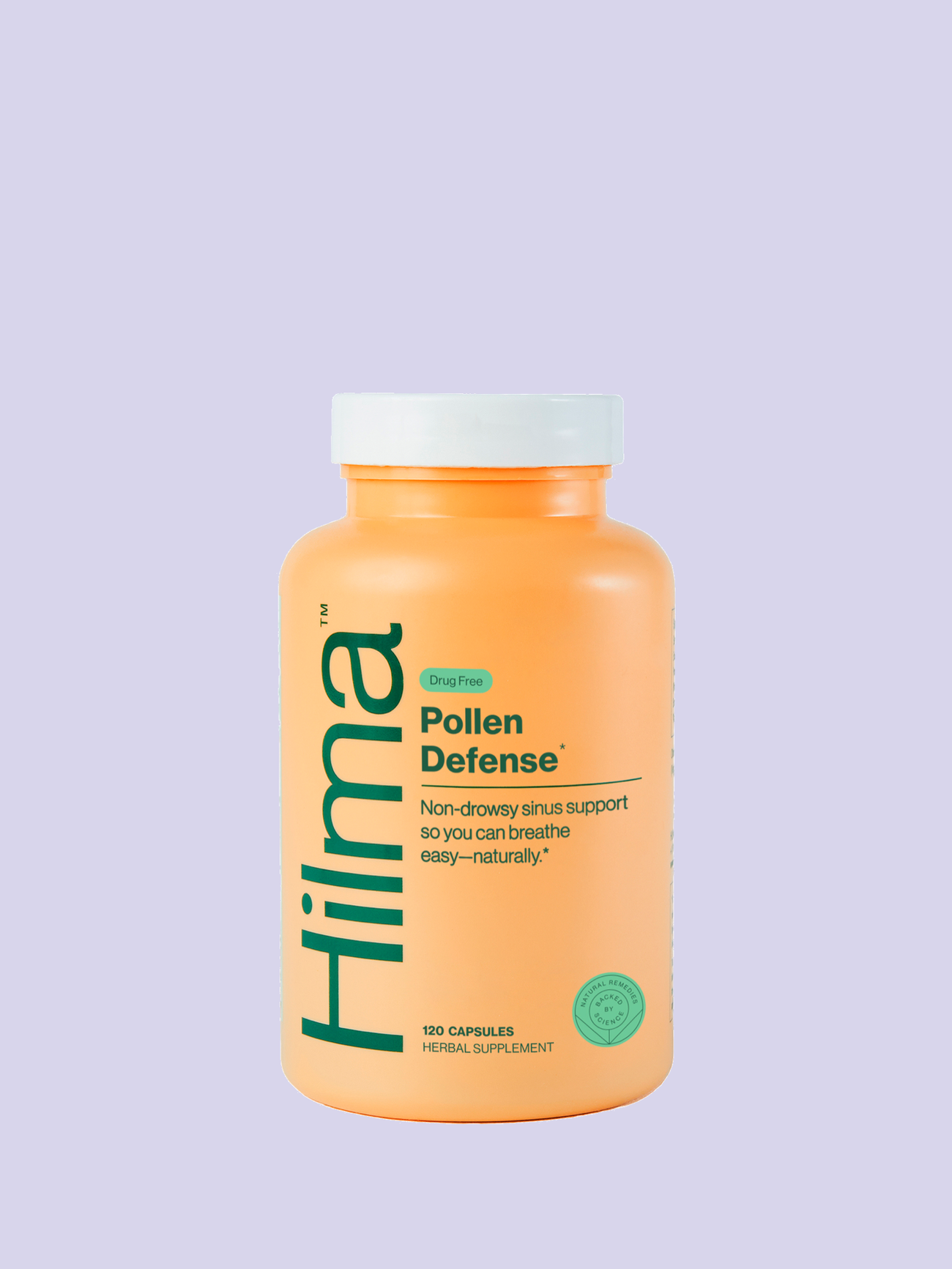
Your eyes are itchy, you’ve sneezed more than you thought was humanly possible, and tissues have become your best friend: it’s allergy season. We spoke with Dr. Neeta Ogden, a Yale-trained allergy, asthma and immunology specialist to help you understand all things allergy--from the top tips for avoiding symptoms to the most effective natural remedies.
What are the Different Types of Allergies?
First of all, there are two types of allergies: seasonal and indoor. The main difference between seasonal allergies and general, year-round allergies is that seasonal allergies are driven by outdoor aeroallergens and year-round or perennial allergies tend to be due to indoor aeroallergens. Here’s how to tell what’s what:
- Outdoor aeroallergens: tree and grass pollen that have a robust presence from early spring into early summer (late March to June) and ragweed and weed allergens that are more prevalent in late summer and fall (August to October).
- Indoor aeroallergens: Dust mites, mold, and pet dander.
What are the Treatments for Different Allergy Types?
Though the source of allergies are varied, Dr. Ogden says the treatment approach can be similar: “You can definitely treat Indoor and Outdoor allergies with a similar regimen. At times, I have noted that chronic nasal congestion can be more common and severe in patients with year round allergies, so for them a good nasal regimen is even more important.”
What is the Biggest Misconception about Allergies?
The biggest misconception about allergies? That they’re not actually allergies. “I see a lot of people developing allergies for the first time in their life during adulthood who don’t believe that their symptoms can indeed be allergies and then might wait to seek help thinking that instead they have a cold.”
How do You Avoid Allergies?
To avoid severe allergy symptoms, Dr. Ogden recommends minimizing your exposure to allergens as the most important first step. During the height of the spring or fall season, she recommends monitoring pollen counts and avoiding outdoor time on very high pollen count days. Indoor allergic patients should avoid having excessive carpets, where dust mites can burrow. To minimize exposure, don’t sleep with your windows open in the spring and if you’re allergic to dogs, don’t let your pet in the bedroom!
What is the Best Natural Allergy Relief?
If you’re unable to avoid an allergic reaction, natural remedies can serve as a great option to help reduce allergy symptoms. Dr. Ogden’s top recommendations for her patients:
- Herbs: particularly butterbur, stinging nettle and quercetin as they have research-based evidence pointing to their efficacy.
- Balms: You can also try eucalyptus or peppermint balms on the chest or around the nostrils/and sinuses to help decongest.
- Moisture: You can use humidifiers or steam to keep the airways moist.
- Cleaning: Use a nasal saline or a neti pot to clean out your nasal passages, which can reduce the likelihood of having a reaction.
If allergy symptoms worsen, act quickly and see a board-certified allergist for guidance.
Interested in learning more about herbal remedies for allergies?
Read more about Tinospora, Spirulina, and Nettles.
This information is for educational purposes only and should not be taken as medical advice. Please consult a physician before treating any disorder.



